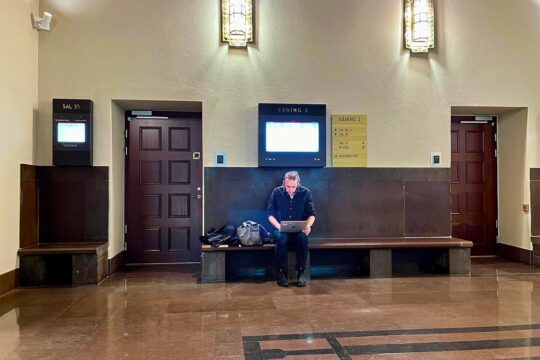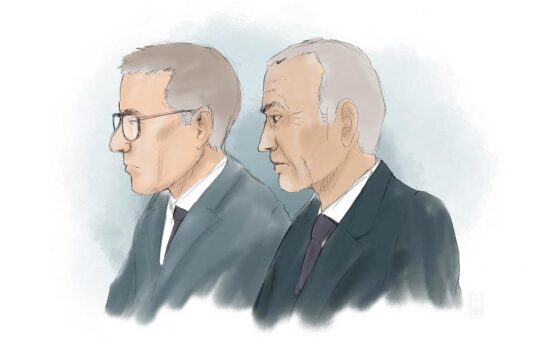It was looting on an epic scale; a month's worth of food aid for over 220,000 South Sudanese, all stolen in just two days along with the giant warehouses that stored it.
As fighting raged between rival forces in the capital Juba last week, the UN's World Food Programme's main logistics hub was picked clean.
WFP says it is "outraged" by the theft of more than 4,500 tonnes of food "intended for the poorest and most vulnerable people" in a country trying to stave off famine.
At least 300 people were killed in the city between July 8 and 11 during clashes pitting government forces against former rebels, and in the anarchy of war, many took advantage to steal what they could.
On Saturday, an angry soldier waving a gun stopped anyone entering or photographing the fenced compound, but it was clear to see that nothing of value remained.
- Well organized -
Men hammered at broken trucks for spare parts, while others ripped off electrical wires from an office block.
Some of the looters tore down at the remaining few sections of thick plastic sheeting that had covered the metal frames of rows of warehouses, now standing out like the bare bones of a ribcage.
Several people walked away balancing boxes of looted cooking oil or rolls of tin roofing sheets on their heads.
Army spokesman Lul Ruai Koang has said the looting in Juba was "unfortunate", blaming it on opposition troops, part of a 1,400-force of ex-rebel turned Vice-President Riek Machar.
The capital has been relatively calm since late Monday, when Machar's men were forced to flee after government troops in tanks and helicopter gunships pounded their positions with overwhelming firepower.
Much of the stolen food was trucked away from the sprawling base on the outskirts of Juba: a large-scale, well organised operation that would have required hundreds of trips.
Nearby residents said "men in uniform" even used a truck mounted with a crane to steal the minibus-sized generators that once powered the giant site.
"After the soldiers left, then ordinary citizens came to see what they could take," said James Keri, who lives in the nearby Gudele district, an area dotted with burnt-out houses destroyed during the fighting.
Other goods were carted away in cars, motorbikes, wheelbarrows and on people's heads.
More than a third of South Sudan's population are expected to face severe food shortages over the coming months and the war-torn nation runs the risk of a "hunger catastrophe," according to the UN.
WFP warned that the loss of the "vital" aid "will severely hamper" its efforts to support those caught up in the fighting.
Three-quarters of people need some form of humanitarian aid, WFP's top chief Ertharin Cousin said earlier this week, warning that the "latest conflict is going to push even more people into hunger and despair."
- 'We don't have food' -
WFP has other stores in the country and the region, but the loss of the food is another blow to efforts to support those hardest hit by over two years of war.
"The dire humanitarian crisis in other parts of South Sudan has not abated," WFP warned.
The WFP base was only one of many places ransacked.
Civilians reported houses and shops broken into as they fled for safety to churches or the surrounding countryside.
"The fighting was so much, we spent a day under our beds as bullets came through the walls of house," said Mary Wani, now seeking shelter in a church.
"Then they forced us from our homes, and as we left, they were taking all they could from inside."
Not far from the looted WFP warehouse, the Doctors Without Borders (MSF) medical aid agency has set up a small tent operating as a mobile clinic, supporting those who fled their homes in the fighting.
Civilians with bullet wounds came to the clinic immediately after the fighting, said MSF clinical officer Issac Badi, sweating in the heat of the tent, where women held crying babies.
"Now we are seeing cases of malnutrition in the children," Badi said.
Over 100,000 children have been treated for severe malnutrition this year, a 40 percent increase compared to 2015, and a 150 percent increase since 2014, the UN children's agency UNICEF says.
Food prices have soared in the marketplace since the fighting, coupled with runaway inflation.
"We don't have food," said Wani, cradling a crying baby girl. "There is almost nothing for us to eat."


